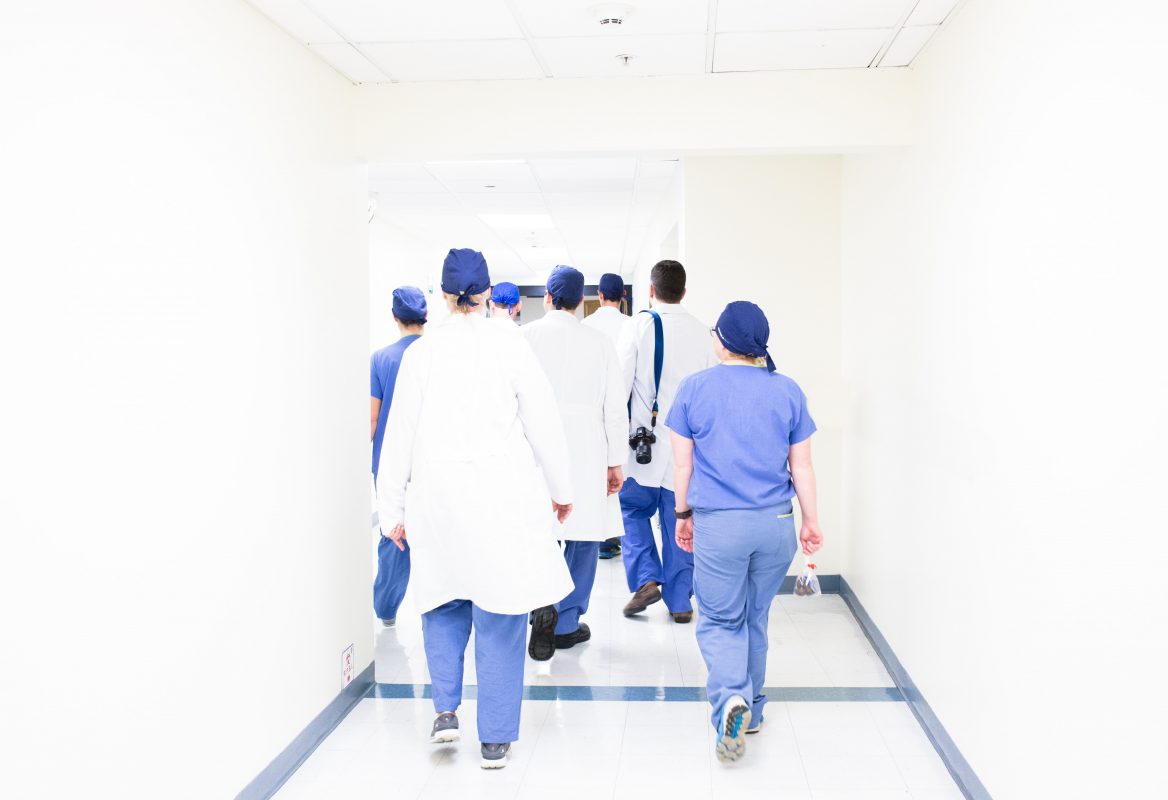Clinical rotations are the final and most crucial stage of a medical student’s academic journey. During this phase, the students transform from classroom students to professional doctors working in a clinical setting. The medical school rotations offer the students an opportunity to learn the practicals of the medical fields by working under the supervision of a senior doctor or resident. In the clinical rotation period, the students are encouraged to practice in a hospital setting while still being a student. This is the final year of the MD program for aspiring doctors before earning their medical degrees.
The clinical medicine programs in the top grade Caribbean medical school usually last for 70 to 72 weeks that primarily focus on clinical rotations. Medical students are required to attend 42 weeks of core clinical rotation and 30 weeks of elective clinical rotations. In core clinical rotations, the students attend rotations in surgery, internal medicine, psychiatry, pediatrics, Gynecology, and Obstetrics. Whereas in elective clinical rotations, the students can choose from various medical specialties based on the student’s future goal.
Here are the four best tips that can help you make the best out of a clinical rotation:
Practice skills you’ll use across the clinical setting: There is a lot of learning offered during the valuable clinical rotation program. Clinical skills are developed during the basic science course. Thus, medical students need to pay attention during this period. However, students must practice clinical skills before starting their rotations in the hospital. Working on improving your skills in advance can help you get an excellent experience while performing. Make a list of things you have already learned for clinical rotations and what extra you would like to master during the process.
Choose your rotations smartly and wisely: Clinical rotations can help medical students evaluate and figure out what could be best for them to attend during their residency years. During the rotation, the students get an opportunity to shadow physicians in a variety of medical disciplines. This caters to making an educated decision based on the suggestions of the expert and experienced medical professional.
Be attentive while attending to patients and listening to what patients say: It is one of the essential skills for a doctor. A doctor must be a good and active listener because each patient they’ll meet can allow them to learn something new. During your clinical rotation year, paying attention can develop advanced clinical knowledge by interacting with different patients and physicians of other medical specialties.
Hone your organizational skills: Organization is an aspect of the medical profession that cannot function efficiently without being organized. The students, during their rotations, are responsible for collecting patients’ information and updating the respective medical file. If the medical student keeps everything organized during the rotation process, that information can prove highly valuable to the doctors.
Clinical rotations can help students develop and enhance their knowledge and skills of the medical domain and also help in exploring the different specialties available. The students with clinical rotation experience can perform well during their residency years. Pursuing a medical course from an accreditated Caribbean medical school can provide you with quality education equivalent to academically leading countries. A
